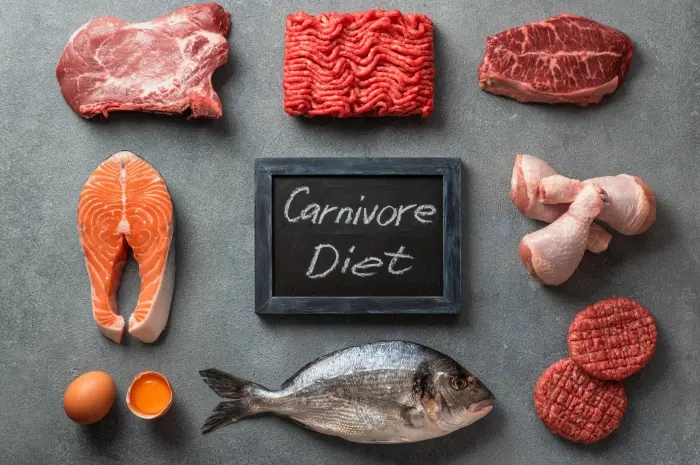Cholesterol is a waxy, fat-like substance found in our bodies and certain foods. While our bodies require cholesterol for various functions, such as hormone production and cell membrane formation, it is crucial to maintain a balance.
Excess cholesterol, particularly the “bad” type known as low-density lipoprotein (LDL) cholesterol, can contribute to the development of heart disease and other health problems. In this article, we will explore some common foods that are notorious for their high levels of bad cholesterol.
1. Red Meat and Processed Meats
Red meat, such as beef, pork, and lamb, is often marbled with fat and contains high levels of LDL cholesterol. Additionally, processed meats like sausages, hot dogs, and bacon typically contain high amounts of saturated and trans fats, which can raise LDL cholesterol levels.
Regular consumption of these meats can increase the risk of heart disease and should be moderated or replaced with lean protein alternatives like poultry or fish.
2. Full-Fat Dairy Products
While dairy products like milk, cheese, and butter provide essential nutrients, they can also be significant sources of bad cholesterol.
Full-fat dairy products contain high levels of saturated fats, which can raise LDL cholesterol levels. Opting for low-fat or skim versions of these products can help reduce cholesterol intake while still obtaining the necessary nutrients.
3. Fried and Fast Foods
Foods that are deep-fried or prepared using unhealthy oils can be detrimental to your cholesterol levels. French fries, fried chicken, doughnuts, and other fast foods are typically fried in oils high in trans fats or saturated fats, contributing to elevated levels of bad cholesterol.
These foods are often calorie-dense and lacking in nutritional value, making them double trouble for your heart health.
4. Baked Goods and Pastries
Many baked goods and pastries, such as cookies, cakes, and croissants, are made with ingredients high in saturated or trans fats, including butter, lard, and shortening.
These ingredients not only affect the taste and texture but also contribute to increased LDL cholesterol levels. Enjoying these treats in moderation or opting for healthier alternatives like whole-grain options can help manage cholesterol intake.
5. Shellfish and Organ Meats
While seafood, in general, is considered heart-healthy due to its omega-3 fatty acids, certain types of seafood should be consumed in moderation if you have high cholesterol levels.
Shellfish, such as shrimp, crab, and lobster, contain dietary cholesterol that can affect blood cholesterol levels. Organ meats like liver and kidneys are also high in cholesterol and should be limited in consumption.
6. Palm Oil and Coconut Oil
While plant-based oils are generally healthier than animal fats, two types of oils commonly used in cooking and food processing should be approached with caution palm oil and coconut oil.
These oils are high in saturated fats, which can raise LDL cholesterol levels. Opting for oils like olive oil or canola oil, which are higher in monounsaturated and polyunsaturated fats, is a healthier choice.
Conclusion
Maintaining healthy cholesterol levels is crucial for overall cardiovascular health. While certain foods are known for their high levels of bad cholesterol, it’s important to remember that moderation is key.
By making informed dietary choices, opting for lean protein sources, incorporating fruits and vegetables, and adopting a balanced approach to fats, you can help manage your cholesterol levels and reduce the risk of heart disease.
Consult with a healthcare professional or a registered dietitian for personalized advice and guidance on maintaining a heart-healthy diet.




